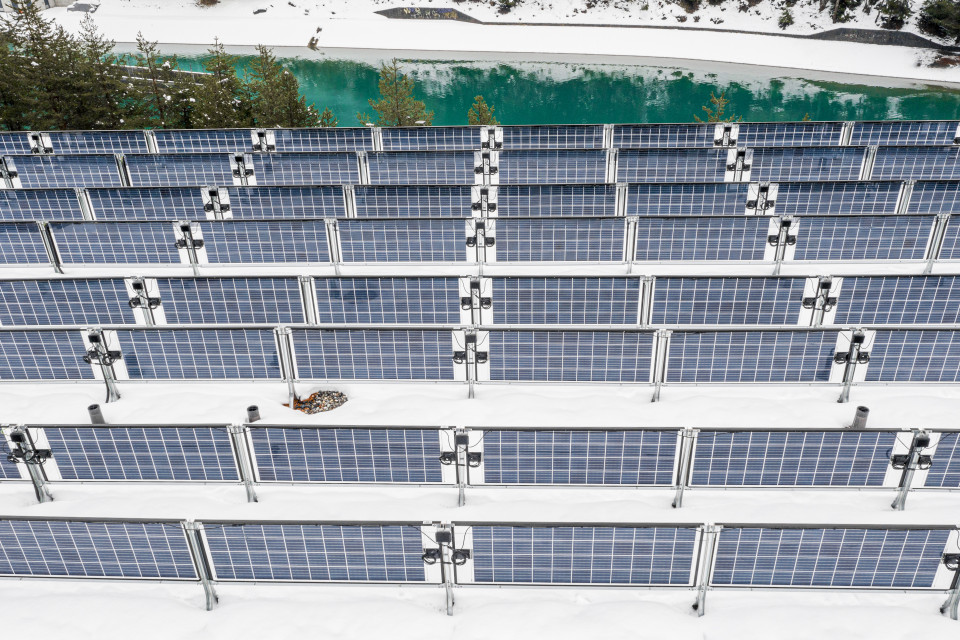Looking for a present? The gift that's also a good deed!
The benefits of solar energy are clear to see: unlike fossil fuels such as coal or oil, solar power is a renewable, regenerative source of energy that causes no emissions and is freely available. Solar power has become established as a long-term cost-saver for electricity bills – which also makes it an attractive option for many businesses and large-scale projects.
Hotels are investing in solar energy
It goes without saying that hotels with a focus on sustainability also opt for solar energy. The Randolins St. Moritz, for instance, uses solar panels to generate electricity for two of its buildings. The Kartause Ittingen Foundation uses its own photovoltaic system to cover 10% of its electricity consumption (120,000 kWh).

The Riders Hotel in Laax also relies on solar energy. During refurbishment work in 2017, the hotel's roof was converted for dual-purpose use. In this innovative pilot project, the roof was greened with plants that provide a habitat for insect and bird life, and a solar power system was also installed on it. This system has a special feature: the solar panels are stacked vertically to accommodate weather conditions in Laax, which has abundant snowfall and sun at midday. This configuration increases the amount of power generated throughout the day, so the Riders can meet over 10% of its energy demand from the solar plant. The hotel uses hydropower to cover the rest of its electricity consumption.

These structural measures add further weight to the emphasis placed on sustainability by these three Responsible Hotels of Switzerland, and they are key elements of their energy concepts. And one point emerges very clearly: nowadays, many different choices are available to anyone who wants to assume responsibility for sustainable energy sourcing in a large-scale business. Solar energy's ability to hold its own among these diverse options is a sign that investments in this technology pay off in the long term – not only by cutting costs but also by reducing emissions.
